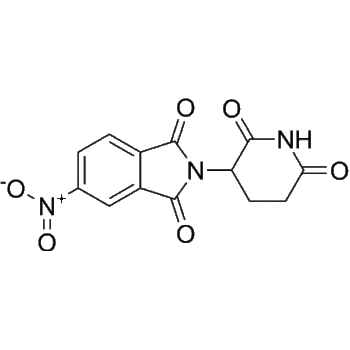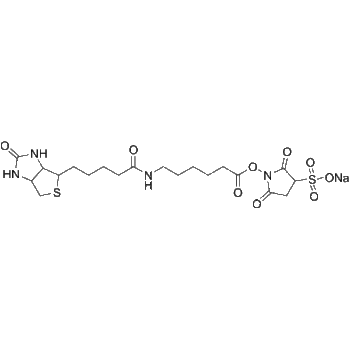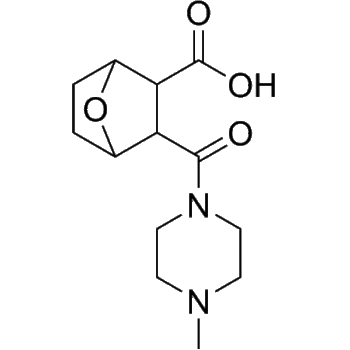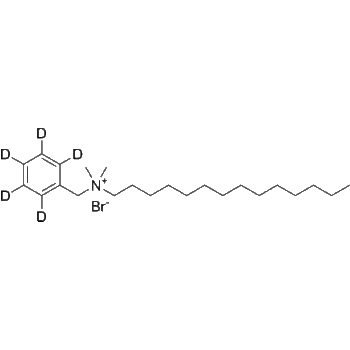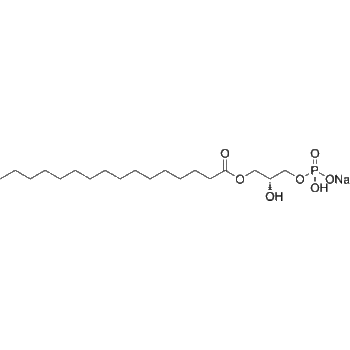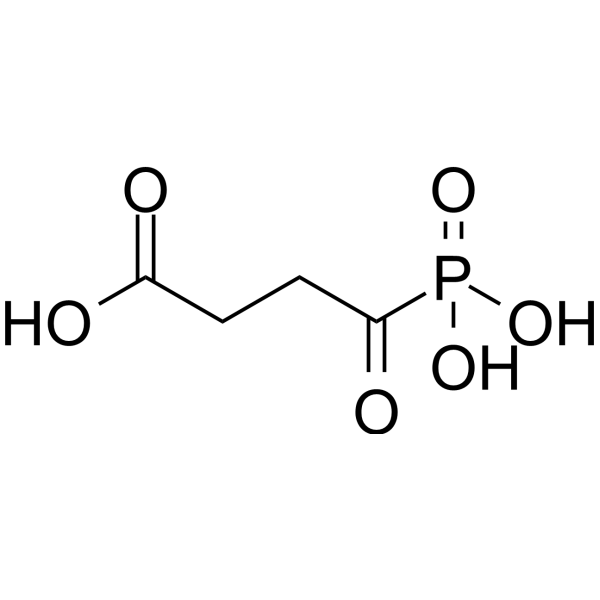
Download Files:
Succinyl phosphonate
SKU
HY-12688-Get quote
Category Reference compound
Tags Endogenous Metabolite;Reactive Oxygen Species, Immunology/Inflammation;Metabolic Enzyme/Protease;NF-κB, Neurological Disease
Products Details
Product Description
– Succinyl phosphonate is an α-ketoglutarate dehydrogenase (KGDHC) inhibitor, effective inhibits (KGDHC) in muscle, bacterial, brain, and cultured human fibroblasts[1][4]. Succinyl phosphonate trisodium salt is an 2-oxoglutarate dehydrogenase (OGDH) inhibitor, impairs viability of cancer cells in a cell-specific metabolism-dependent manner[2]. Succinyl phosphonate trisodium salt inhibits the glutamate-induced ROS production in glutamate-stimulated hippocampal neurons in situ[3].
Web ID
– HY-12688
Storage Temperature
– -20°C, 3 years; 4°C, 2 years (Powder)
Shipping
– Room Temperature
Molecular Formula
– C4H7O6P
Citations
– ACS Chem Biol. 2020 Aug 21;15(8):2041-2047.|Cancer Res. 2019 Jul 1;79(13):3281-3293. |Cell Death Dis. 2021 Oct 25;12(11):999.|Exp Cell Res. 2019 Sep 15;382(2):111483. |Free Radic Biol Med. 2016 Apr 9;96:22-33. |Plant Signal Behav. 2019;14(7):1604015.|Planta. 2018 Oct;248(4):963-979.|Redox Biol. 2023 Jun.|Research Square Preprint. 2022.|Research Square Print. 2022 May.
References
– [1]Zündorf G, et al. alpha-Ketoglutarate dehydrogenase contributes to production of reactive oxygen species in glutamate-stimulated hippocampal neurons in situ. Neuroscience. 2009 Jan 23;158(2):610-6.|[2]Bunik VI, et al. Phosphonate analogues of alpha-ketoglutarate inhibit the activity of the alpha-ketoglutarate dehydrogenase complex isolated from brain and in cultured cells. Biochemistry. 2005 Aug 9;44(31):10552-61.|[3]Biryukov AI, et al. Succinyl phosphonate inhibits alpha-ketoglutarate oxidative decarboxylation, catalyzed by alpha-ketoglutarate dehydrogenase complexes from E. coli and pigeon breast muscle. FEBS Lett. 1996 Mar 11;382(1-2):167-70.|[4]Bunik VI, et al. Phosphonate analogues of alpha-ketoglutarate inhibit the activity of the alpha-ketoglutaratedehydrogenase complex isolated from brain and in cultured cells. Biochemistry. 2005 Aug 9;44(31):10552-61.
CAS Number
– 26647-82-5
Molecular Weight
– 182.07
Compound Purity
– 98.0
SMILES
– O=C(O)CCC(P(O)(O)=O)=O
Clinical Information
– No Development Reported
Research Area
– Neurological Disease
Solubility
– 10 mM in DMSO
Target
– Endogenous Metabolite;Reactive Oxygen Species
Pathway
– Immunology/Inflammation;Metabolic Enzyme/Protease;NF-κB
Product type
– Reference compound
Disclaimer: All products are for Research use only unless clearly stated otherwise on the product datasheet. Datasheets provided on the website are drafts for reference purpose only and you are requested to always refer to the hard copy included in the kit for your experimentation. Agdia Products are available for delivery only in Canada.

